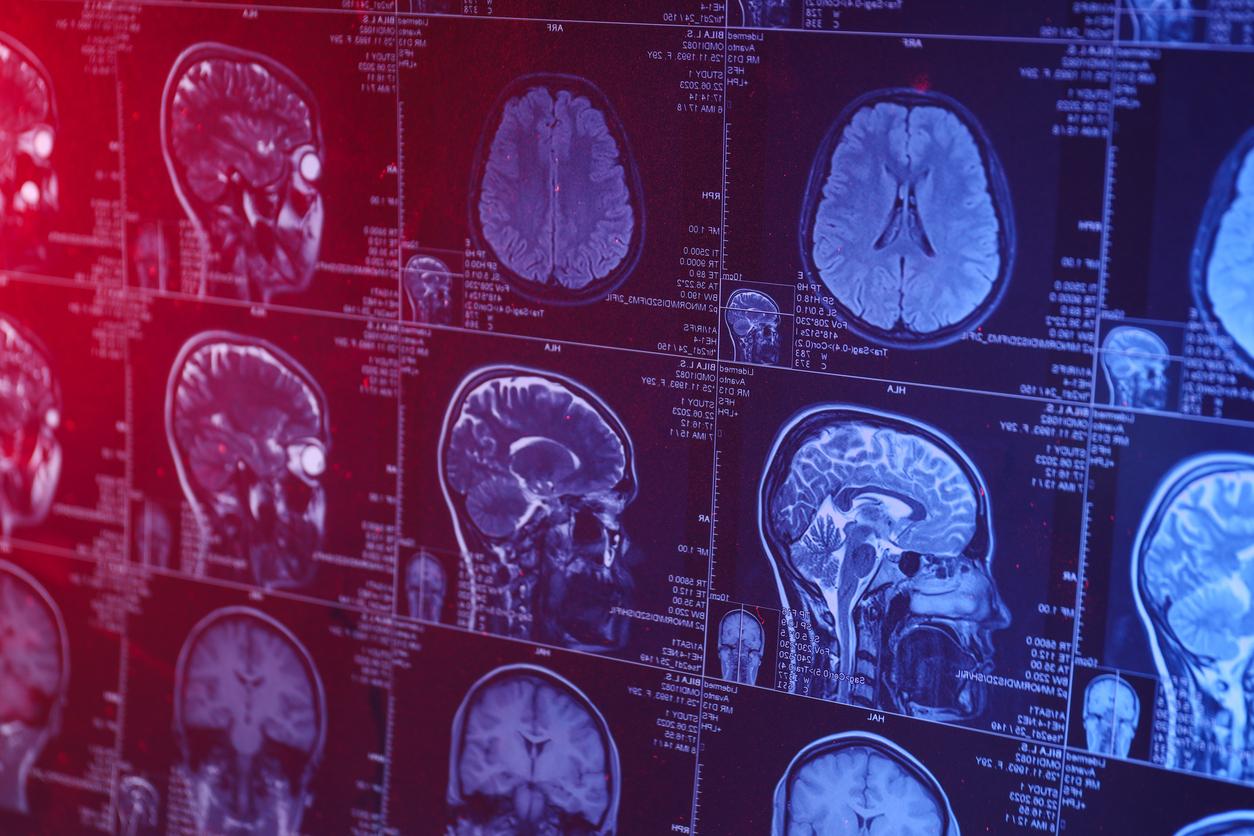Poor oral health can impact the risk of osteoporosis. Also, some treatments for the disease have side effects on the teeth.

- There are links between oral health and osteoporosis.
- Some osteoporosis treatments can have serious side effects on the teeth, although they are rare.
- In cases of osteoporosis and dental problems, the two treatments can be carried out together or with a short time interval.
Osteoporosis is a common disease: according to Inserm, it is associated with more than 370,000 fractures in France each year. This skeletal pathology greatly increases the risk of fracture, because it is characterized by a “decrease in bone mass and deterioration of the internal structure of bone tissue”, develops the organism. This can have consequences on all the bones in the body and even on the teeth.
Osteoporosis: what are the links with oral health?
Bernard Cortet, rheumatologist and osteoporosis specialist at Lille University Hospital, explains that there is a link between the aging of the jaw and this pathology. More specifically, scientific data shows a “correlation between tooth loss and the probability of having osteoporosis or an osteoporotic fracture”.
Treatment of osteoporosis: possible side effects on the teeth
However, this specialist emphasizes that poor oral health combined with osteoporosis can pose a problem. He cites certain treatments, including bone resorption inhibitors and bisphosphonates. “Osteonecrosis of the jaw can be a rare or even exceptional side effect of treatments., he warns. This phenomenon corresponds to a lack of blood supply to bone tissue, which leads to its death. “This is 1 in 10,000 cases in patients receiving bisphosphonates for osteoporosis.reassures the rheumatologist.
Osteonecrosis of the jaw: what are the risk factors?
Although the pathology is rare, there are certain parameters associated with a higher risk of osteonecrosis of the jaw. Dr Cortet cites in particular the taking of a treatment based on corticosteroids. “Poor oral hygiene, tobacco and alcohol intoxication are risk factors for osteonecrosis of the jaw and also risk factors for osteoporosis, he warns. We really need to encourage patients faced with this possibility to stop smoking and drinking alcohol.”

Osteoporosis and poor oral health: how to organize treatments?
However, it is sometimes recommended to treat the teeth before treating osteoporosis in certain specific cases. “If there is a deplorable oral and dental condition and a need for tooth extraction, it is preferable to start with dental care and then begin anti-osteoporotic treatment.”, develops Dr Cortet. But according to him, there are situations where both pathologies can be treated at the same time, especially for people at high risk of fracture. “In Lille, we have set up a treatment protocol with the faculty of dental surgery., he explains. Dental extractions are thus carried out in patients treated with bisphosphonates..
“It is reasonable to think that for someone who has had a lot of tooth loss, not necessarily linked to an infectious risk, the risk of osteoporosis is greater, which all the more justifies the rapid implementation of anti-osteoporotic treatment, indicates the rheumatologist. This medicinal treatment must be carried out in the following weeks, depending on the severity of the oral and dental damage. “The idea is not to wait too long.”he emphasizes.
Watch the interview in pictures:
















